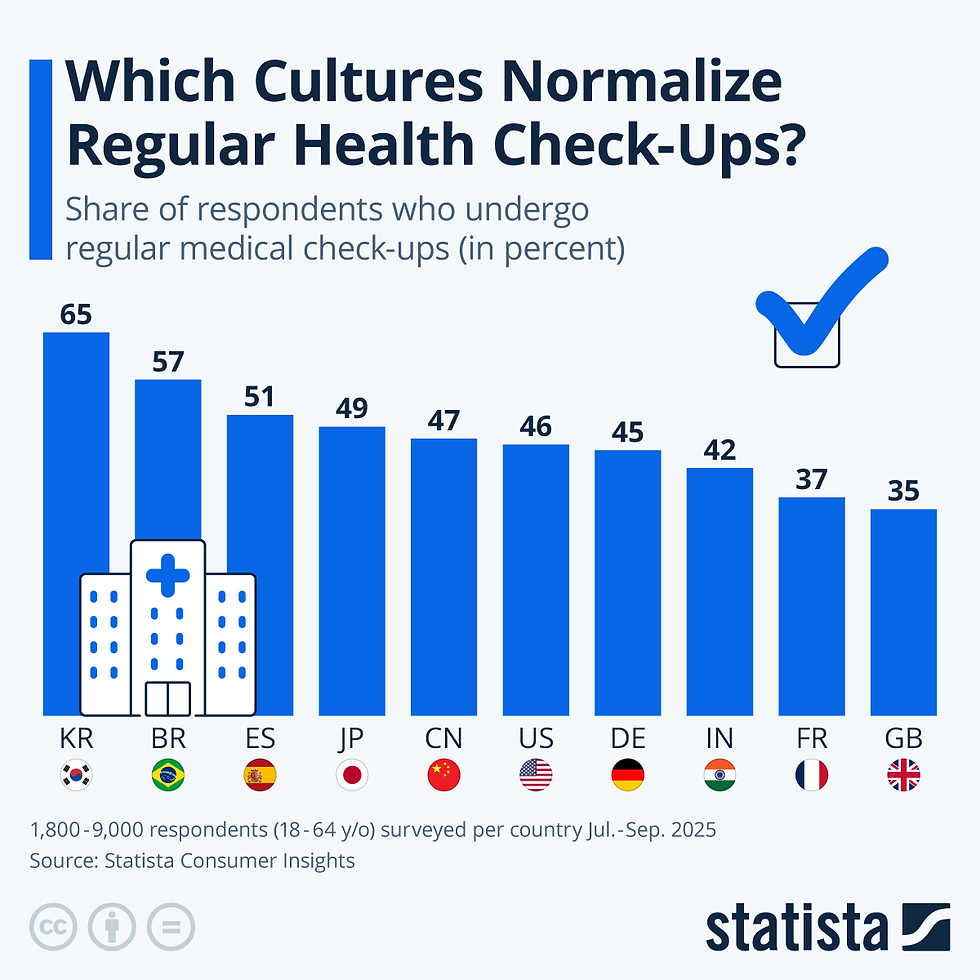New Music Plays Second Fiddle to Catalog Titles
- Create and Learn

- Aug 17, 2022
- 2 min read

This article is published in collaboration with Statista
by Felix Richter
In case you’re wondering why Kate Bush‘s Running Up That Hill, a song originally released in 1985, is currently sitting in fifth position on the Billboard Hot 100 charts, you clearly haven’t been watching Stranger Things. The song is featured prominently in the latest season of the science fiction horror drama infused with a heavy dose of 80s nostalgia, introducing millions of young people to the work of Kate Bush.
Thanks to the magic of streaming services, Stranger Things fans didn’t have to raid their parents’ record collections to replay the song, and it didn’t take long for it to run up the streaming charts (pun intended). Bush, who reportedly owns 100 percent of the song’s songwriting, publishing and licensing rights, is not only enjoying a nice windfall from RUTH’s resurgence, but she also admitted to “feeling really moved by it all.” In a statement published on her website, she thanked the show’s creators for “featuring Running Up That Hill in such a positive light” and “for bringing the song into so many people’s lives.”
And while it doesn’t happen everyday that a 1985 classic suddenly tops the streaming charts, catalog music, per definition any song older than 18 months, does play a major role in today’s music landscape. The constant availability of practically any song ever written has not only changed the way people listen to music, but it has also created a market for the back catalogs and master recordings of past greats, which are changing hands for hundreds of millions of dollars in some cases.
According to MRC Data’s latest Year-End Report on the U.S. music industry, published in collaboration with Billboard, catalog music accounted for almost 70 percent of total album equivalent music consumption last year. That includes album sales, digital track sales and streams which are converted into album equivalents. As the following chart shows, the latest figure marks the continuation of a trend that has seen the share of current music decline from 37 to 30 percent between 2019 and 2021.
Start leaning Data Science and Business Intelligence tools:
createandlearn#analytics#dashboard#finance#accounting#tableau#powerbi#excel#sales#datascience#businessintelligence




























Comments